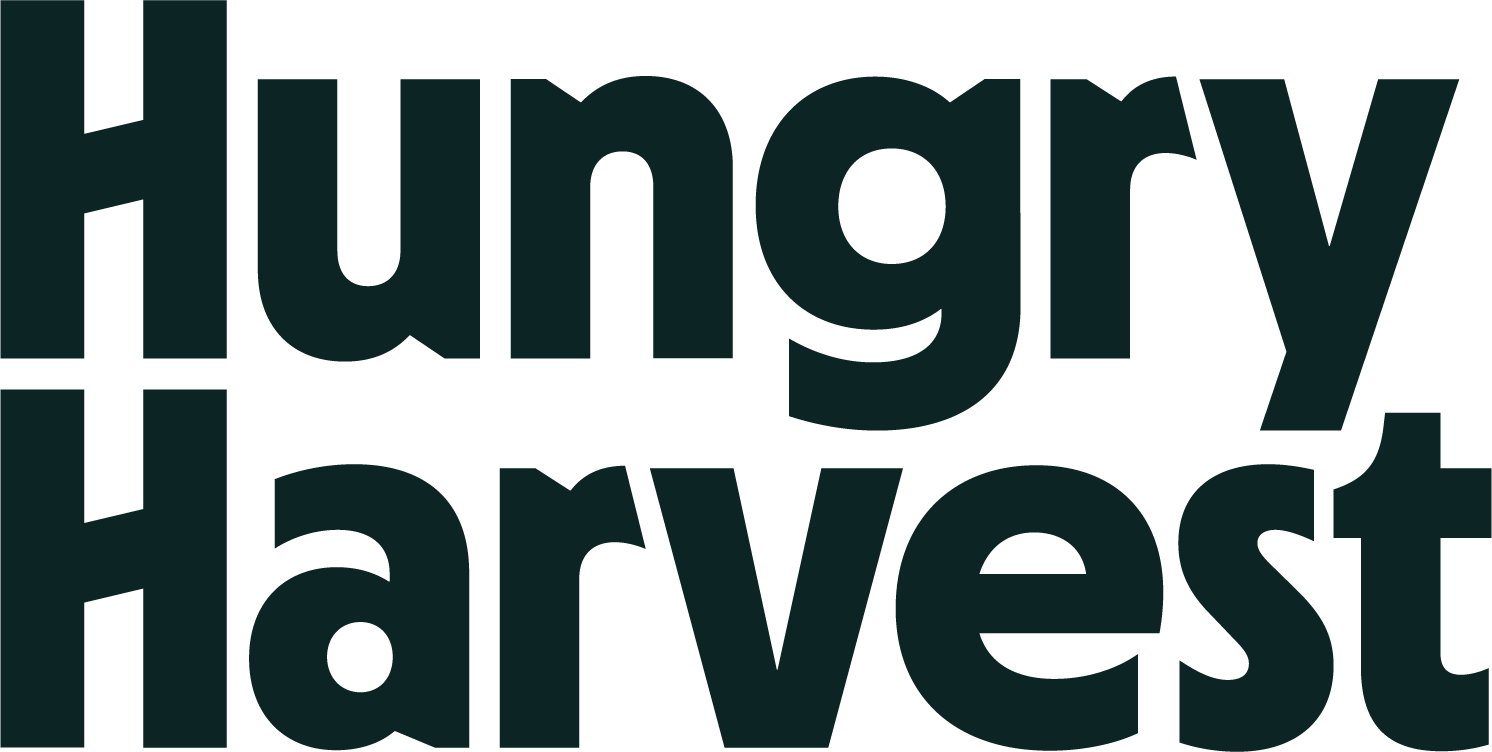Hungry Harvest Joins 120 Organizations in Support of Nutrition Research and Food is Medicine
Calling on Congress to Advance Food as a Critical Part of Healthcare
Hungry Harvest is proud to stand with 120 organizations across the United States in urging U.S. House and Senate Appropriations leaders to prioritize nutrition research and Food is Medicine initiatives in the FY26 appropriations process.
Hungry Harvest signed on to a joint letter to Congress members, highlighting the urgent need for federal investment to better integrate nutrition into our healthcare system and to address “the growing burden of diet-related chronic conditions”.
The letter highlights why poor nutrition is one of the leading drivers of preventable disease in the U.S. The CDC reports that nearly 1 in 10 Americans lives with diabetes (most have type 2), and in August 2021–August 2023, more than 40% of adults experience obesity. The economic toll is quite staggering and costly, our country spends an estimated $1.1 trillion annually in healthcare expenses and lost productivity.
To address these challenges, the coalition’s letter calls for key investments, including:
Medically Tailored Meals and Produce Prescriptions – ensuring patients with chronic conditions can access the nutrition they need to heal and thrive.
Nutrition Education for Doctors – equipping healthcare providers with the training to integrate nutrition into treatment plans.
NIH Food is Medicine Research – providing increased funding for the NIH Office of the Director to strengthen nutrition science, launch Food is Medicine Networks or Centers of Excellence, and advance research on diet-related chronic disease.
HHS Food is Medicine Initiatives – allocating at least $5 million to sustain federal Food is Medicine efforts, expand pilot programs (such as medically tailored groceries and healthy food “farmacies”), and coordinate best practices across federal agencies.
HRSA Maternal Health Programs – directing $10 million to community-based clinics to expand nutrition interventions for mothers and infants at risk of poor health outcomes due to nutrition insecurity.
These targeted investments represent a huge step toward reducing healthcare costs, addressing diet-related illness, and helping communities throughout Maryland thrive, where local partnerships are already expanding access to fresh food.
